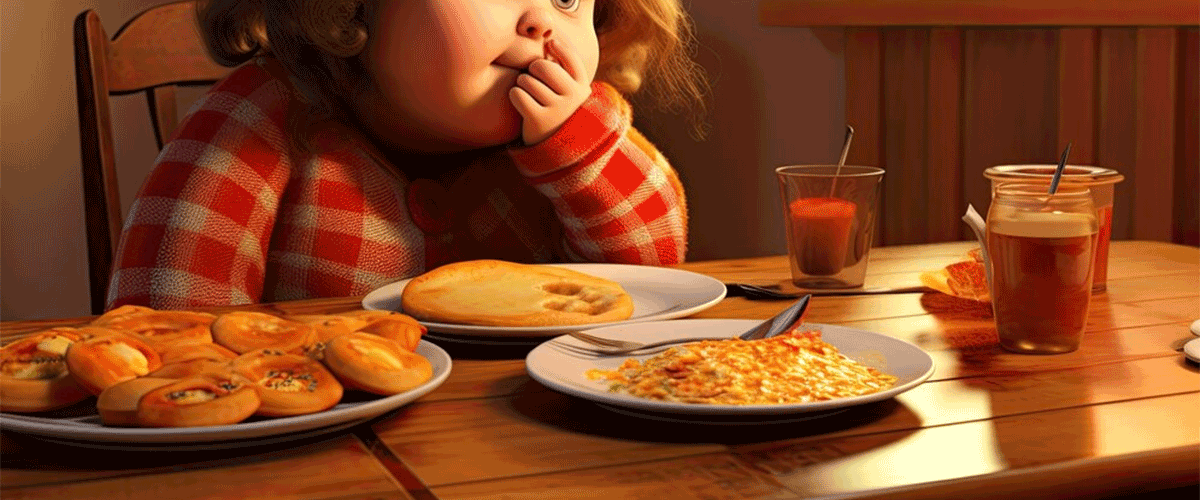(An Autonomous Body Recognized by Ministry of Commerce & Industry, Government of India)
Competency based placement focussed Education | Training | Research | Consultancy

Study reveals: Maternal depression can lead to children's emotional overeating
A study from the University of Illinois Urbana-Champaign highlights the long-term impact of postpartum depression (PPD) on children's emotional regulation and eating behaviors. Up to 25% of new mothers experience PPD, which can affect parenting and child development.
Researchers analyzed data from the Midwest STRONG Kids2 project, tracking postpartum depression at six weeks, children's emotional control at 24 months, and eating behaviors at 48 months. They found that maternal depression negatively impacted children's executive function, leading to emotional overeating. Children with reduced inhibition and emotional control were more likely to use food as a coping mechanism for stress.
PPD can also influence how mothers model eating behaviors, further shaping children's habits. The study emphasizes early intervention, supporting mothers' mental health to promote healthy emotional and eating behaviors in children. Teachers and caregivers can also play a role by recognizing emotional eating and encouraging healthier coping strategies.
17-03-2025
📰 Recent News
- High-Fat Diets May Rewire Liver Cells, Raising Cancer Risk
- Time-Restricted Eating Alone Shows No Metabolic Benefit, Study Finds
- Maternal Emulsifier Intake May Alter Offspring Gut Health, Mouse Study Finds
- Broader Obesity Criteria Reveal Hidden Health Risks in US Adults
- YumYum Enters High-Protein Snacking Space with SNACKiT
- Winter Consumption Pushes Egg Prices Sharply Higher
- Human Rights Panel Flags Sale of Substandard Milk and Paneer in Chandigarh
- Ancient Khapli Wheat Finds New Favour Among Urban Health Seekers
- Global Study Reveals the Most Effective Foods for Hangover Recovery
- Eating vitamin C-rich foods can significantly improve skin health

